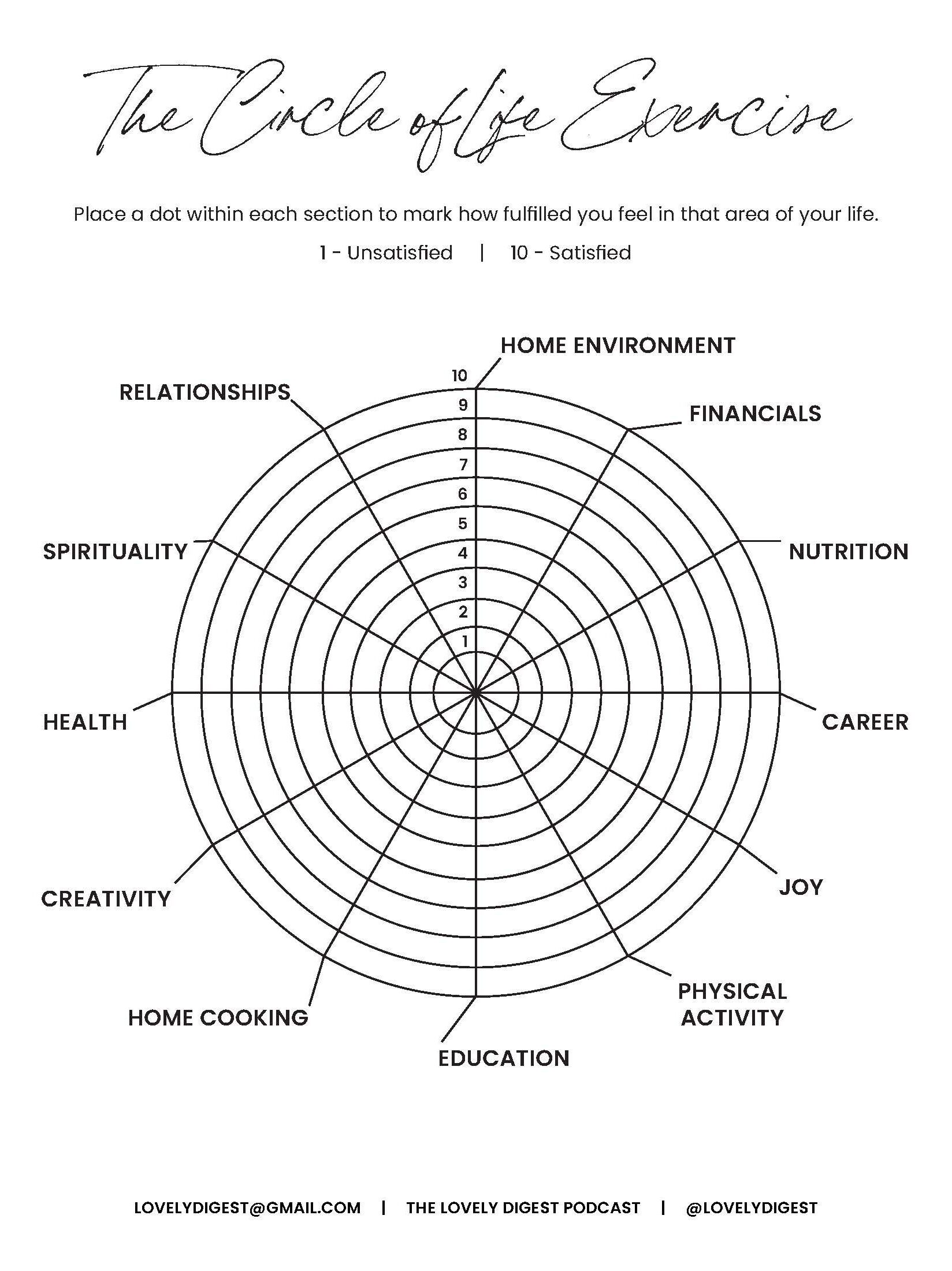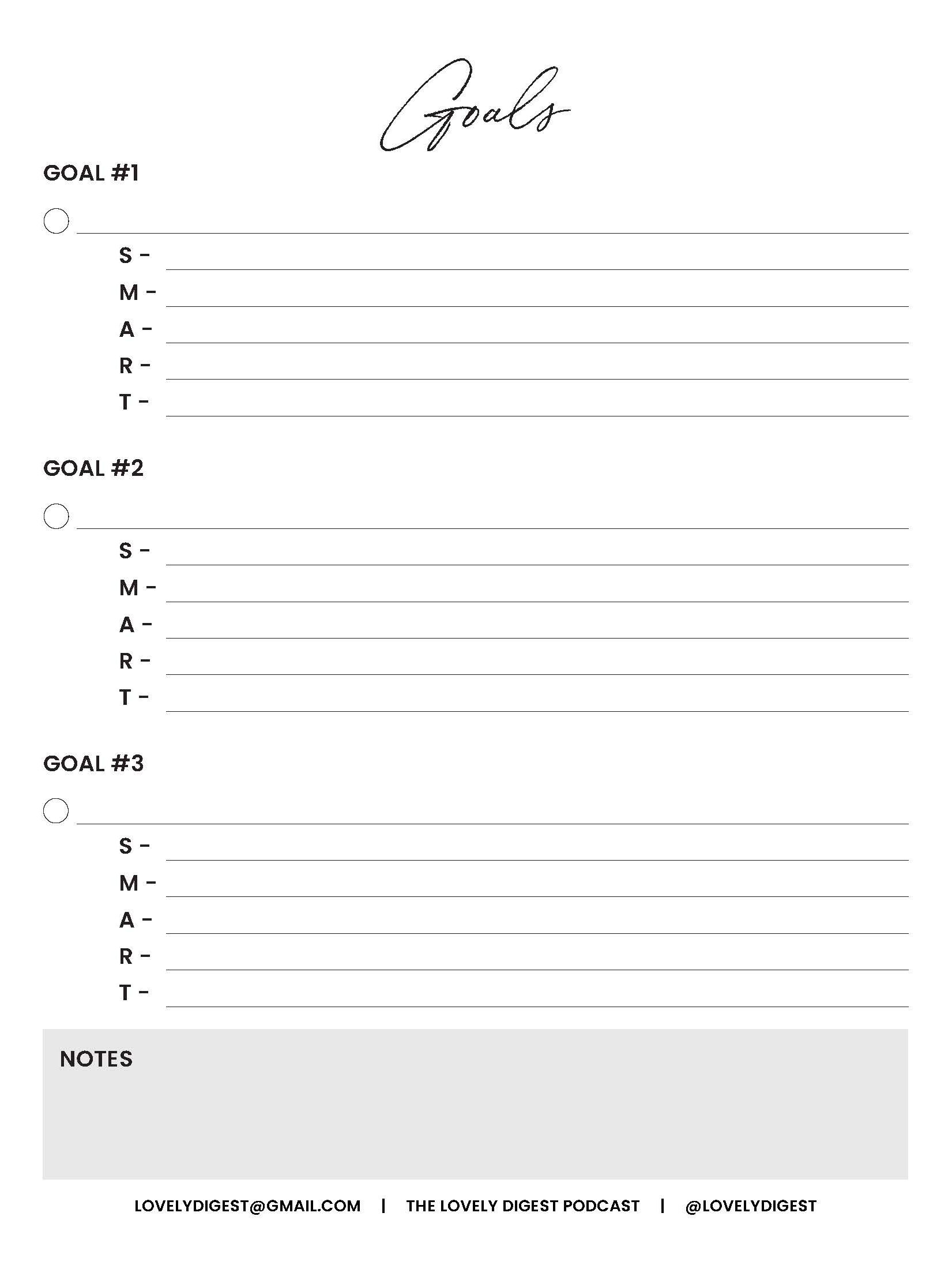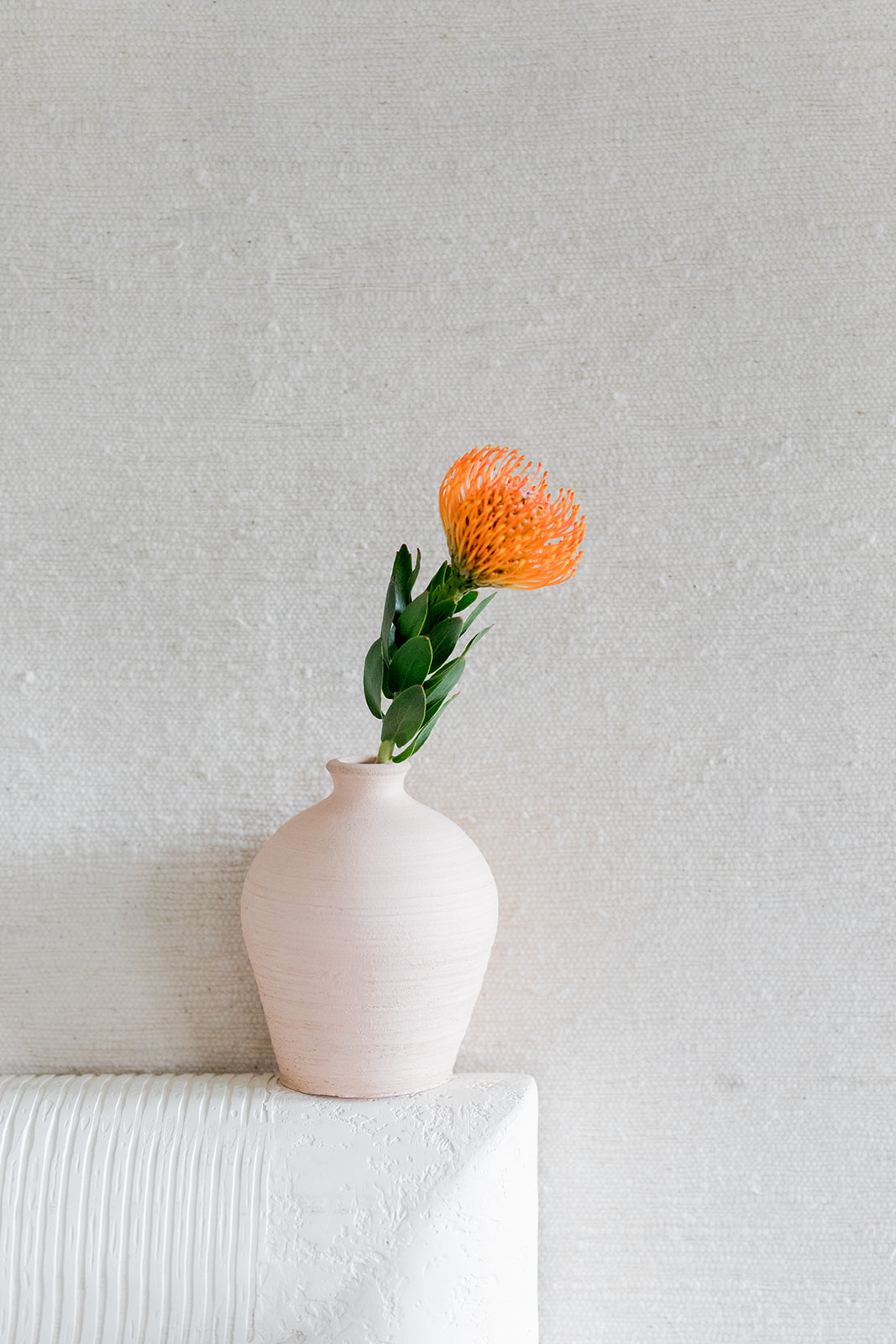
How to Do a Life Audit
When I was first diagnosed with Crohn’s Disease in 2020, I was overwhelmed by the lifestyle changes I needed to make to improve my health. I knew I had to change my relationship with food and exercise, but I didn’t realize how many other factors impacted my wellbeing, like relationships, hobbies, and career.
Being on bedrest and awaiting treatment during the start of the pandemic gave me a lot of time to reflect on my life: my accomplishments, my perceived shortcomings, and where I saw myself in the future. Call it stubbornness or resilience, probably both. It took me about 24 hours of panic and denial after receiving my diagnosis to realize I had been given a golden opportunity to reshape my life. I resolved to start learning how to make the best of my situation.
I had been given a golden opportunity to reshape my life.
My solution was to become a certified nutrition and holistic health counselor. I enrolled in the Institute of Integrative Nutrition (IIN) and was encouraged to conduct a personal life audit using their Circle of Life exercise. The concept of using a wheel to examine your life comes from Tibetan Buddhism and focuses on eight components, or happiness factors, divided into spokes. This exercise was further developed by thought leader Paul J. Meyer in 1960 to become the “Balance Wheel,” which is very similar to the version IIN has created.

The various suggested components of the circle include ones you can probably imagine, such as “physical activity,” “health,” and “home cooking.” Others are “relationships,” “social life,” “joy,” “spirituality,” “creativity,” “finances,” “career,” “education,” or “home environment.” You can choose from these suggested sections to start and adapt the final wheel to fit your life.
Once you have all your chosen components, place a dot somewhere between the center of the circle and the outer edge of each section to show how confident you feel navigating that area. For example, I placed a dot closer to the middle of the circle for “career” because while I was awaiting treatment for Crohn’s, I couldn’t work. For “education,” my dot went on the outer edge of the circle since I was a student at IIN and learning every day. The most important part is not to overthink it—use your gut instinct when placing your dots—and then connect them to see what your circle looks like. My first few circles were not circles at all. In fact, they were very jagged!

As I progressed through the health training program, I learned how to create actionable steps to improve each area of my circle using SMART Goals—or specific, measurable, achievable, relevant, and time-bound objectives. For example, to improve my “finances” section, my goal was to read a specific book, which was a measurable task. I made this goal achievable by scheduling 30 minutes of reading each day. The goal was relevant because the book related to finances, and it was time-bound because I gave myself two weeks to complete it.
Setting these goals also expanded my thinking to see past conventional wellbeing markers—like nutrition and exercise—and realize how many areas of life impact my overall health. As I learned tools for improving each area of my wheel, my circles started filling out. And as I repeated the life audit each month, I got to see where and how I’d improved.
Completing a life audit for the first time can feel like writing down a laundry list of things you want to change, which can feel overwhelming. If you find yourself struggling, pick the area of life you scored yourself lowest in (or where your dot is closest to the middle) and write down three actionable goals you can take to improve that specific area. This article is super helpful for getting started.
Since starting life audits, I’ve opened my own business, changed my diet, gone into remission, made many new friends, traveled, and, most importantly, learned what my best self looks like.
Also, take a moment to reflect as you move through the life audit journey. Plan intentional time each week or month to celebrate yourself and the changes you’ve made! If you get off course, simply consider it an opportunity to get back on track and enlist friends or family for support when needed. Studies show that accountability can be a big motivator for helping people achieve their goals.
Most importantly, be proud of yourself for doing this work and investing in your life. It’s been over three years since I was diagnosed with Crohn’s Disease, and every month, I fill in a new Circle of Life and write some actionable goals for the next month. Doing this has motivated me to keep improving and reflect on my progress. Since starting life audits, I’ve opened my own business, changed my diet, gone into remission, made many new friends, traveled, and, most importantly, learned what my best self looks like. I could have spent time grieving my old life, but instead, I’m the healthiest I’ve ever been and truly in love with life and all its ups and downs.
Emily Beck is the founder of The Lovely Digest, a health and wellness platform supporting those with chronic illness, and Beck Creative, a marketing agency serving wellness brands. When she’s off duty, you can find her at the beach or planning her next great adventure. Follow along on IG here!



